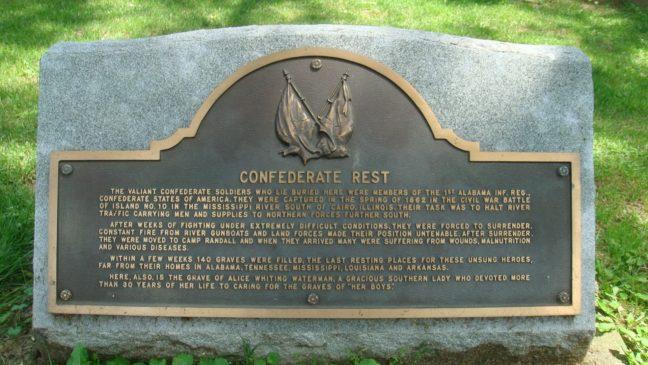The Center for the Humanities hosted a panel Thursday to discuss issues regarding Charlottesville, particularly the recent rise of racism, the current political climate and white supremacy.
The panel consisted of University of Wisconsin English professor Russ Castronovo, English and American studies professor Jean Wall Bennet, history professor Stephen Kantrowitz and Christy Clark-Pujara, a historian in the department of Afro-American studies.
The panelists first addressed racism through monuments with Confederate ties in the South.
The confederate flag represents the Southern heritage, but that Southern heritage also has deep roots in slavery and therefore is racist, Clark-Pujara said.
Thomas Jefferson’s role in the founding of the University of Virginia, the same town where the Charlottesville riots took place, was intentional due to his history of slavery, Clark-Pujara said.
“The white supremacists were clever in choosing [the University of Virginia] to march on,” Clark-Pujara said.
UW holds discussion to address concerns of white supremacy, standing against bigotry
Objects such as confederate flags, swastikas and monuments were symbols used to further white supremacy in Charlottesville, Kantrowitz said.
Though racism became “unpopular” after the Civil Rights Movement, there is now a resurgence, Clark-Pujara said.
“Though [racism] is not new, it’s what’s next,” Clark-Pujara said.
The sum of President Donald Trump’s controversial statements have led the United States to “unearth” the racist past that has been lying dormant in society for year, Castronovo said.
To combat white supremacy going forward, citizens should donate their time, resources and talents to organizations, Clark-Pujara said.
“Fighting hate with more hate is not effective,” Clark-Pujara said.














